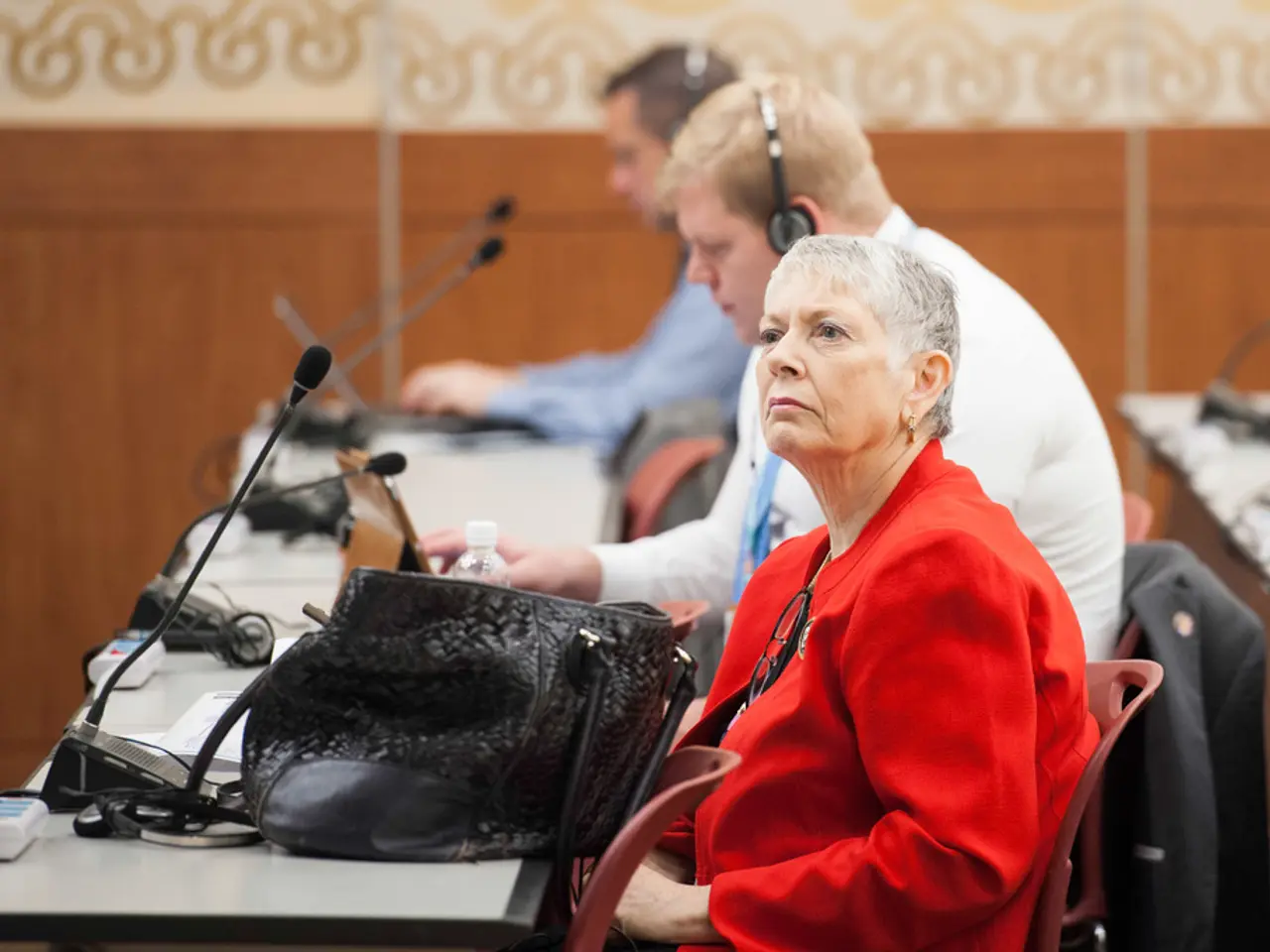Soaring energy costs imperil employment stability
In the heart of Europe, the German industrial sector is grappling with escalating energy costs, a challenge exacerbated by the complexities of the energy transition. While specific proposals by trade unions in Germany to reduce energy costs and facilitate the energy transition remain elusive in the search results, a clear picture emerges when considering recent trends and known union positions.
One such initiative is the establishment of a Human Rights Due Diligence Competence Centre, set to launch in 2025. This centre, a collaborative effort between global trade unions like UNI Global Union and IndustriALL Global Union, the German union confederation DGB, and other organisations, aims to strengthen workers’ rights through corporate due diligence laws and supply chain interventions. Although this centre does not specifically focus on energy costs or the energy transition, it underscores the unions' commitment to worker protection and corporate responsibility.
Germany's energy landscape is in a state of flux, with renewable electricity production showing signs of instability. Wind power has taken a hit due to unfavourable weather conditions, while photovoltaic production is on the rise thanks to continued plant construction. This volatility underscores the complexity of the energy transition and its impact on industry energy costs.
In the face of these challenges, German trade unions, particularly umbrella groups like the DGB, have advocated for several measures to reduce industrial energy costs while supporting a just energy transition. These include advocating for affordable and stable energy prices for energy-intensive industries, supporting accelerated expansion and investment in renewable energy infrastructure, promoting energy efficiency measures and modernization within industries, calling for social dialogue and worker involvement in energy transition policies, and engaging with human rights and supply chain diligence frameworks.
In the state of Baden-Württemberg, where the industrial share is significantly high, the issue of energy prices is particularly pressing. Kai Burmeister, the chairman of the DGB Baden-Württemberg, believes that the industrial substance in Germany is at risk. He and his fellow trade unionist, Laura Pooth, call for competitive energy prices for businesses. To address the high electricity prices, they propose reducing electricity tax, introducing an industrial electricity price, and reducing network charges. They also advocate for the high costs of expanding transmission networks to be absorbed with more state funds and spread over decades.
Another concern raised by Burmeister and Pooth is the division of Germany into five electricity bidding zones, a move they consider a major threat to the economic location. This division could result in hardly calculable and weather-dependent electricity prices for producers and consumers, particularly affecting basic materials, metal, and electrical industries.
As the energy transition continues to unfold, German trade unions remain active in advocating for policies that balance competitive industrial energy pricing, renewable energy expansion, energy efficiency, and just transition policies that ensure workforce protection and participation. Further targeted research or union publications may reveal more detailed, current formal proposals from specific German trade unions, including concrete cost-reduction schemes or policy plans.
The weather conditions have affected wind power production in Germany, resulting in instability within the country's energy landscape.
German trade unions, led by the DGB Baden-Württemberg, continue to advocate for competitive energy prices for businesses, with a primary concern being the impact of the weather on energy costs.







